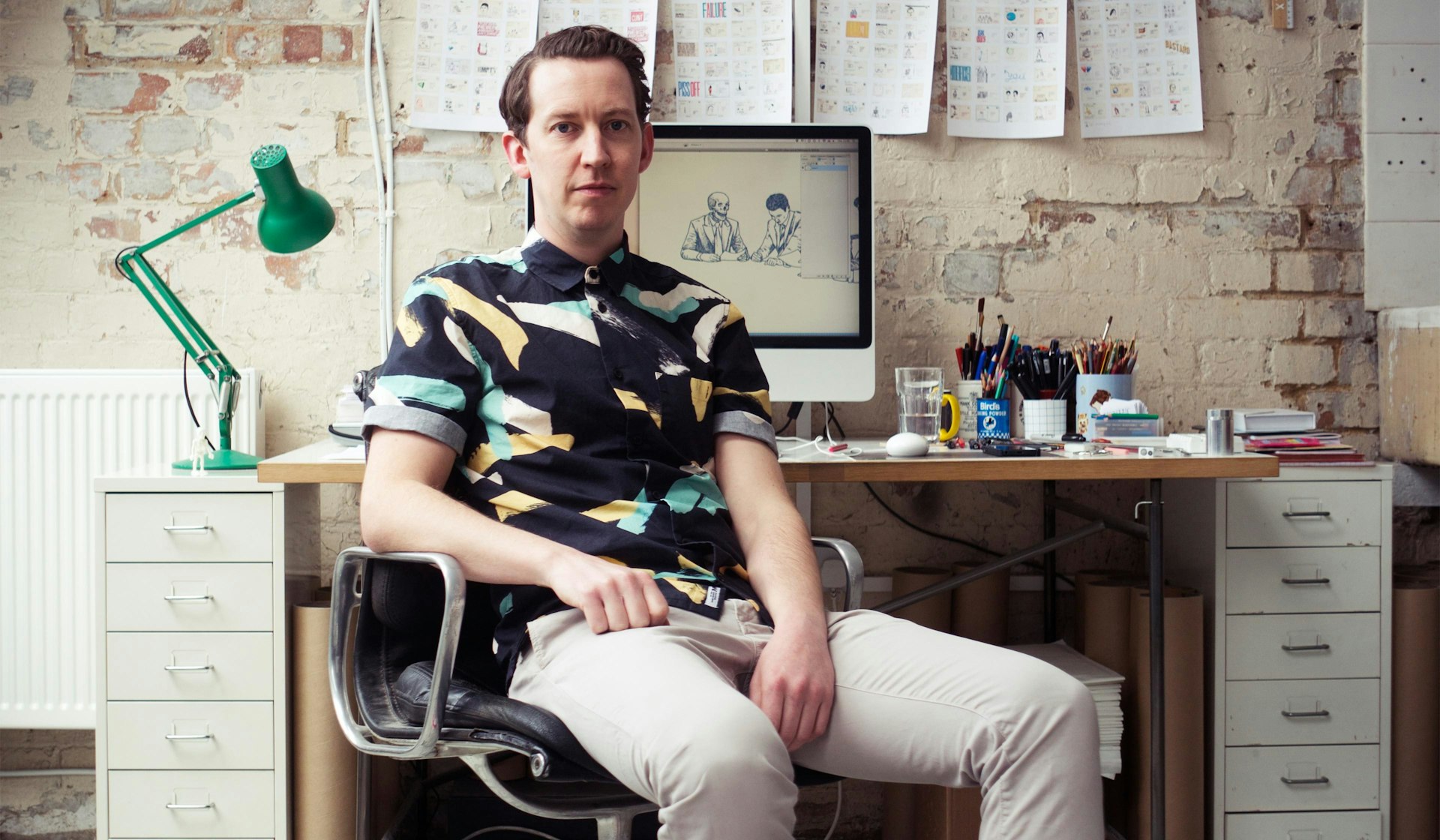- Text by Alex Robert Ross
The Piccadilly Line was quieter than usual this morning. It tends to be packed all the way from Hammersmith to King’s Cross, but I had a seat from Green Park onwards. I didn’t pick up the Metro. I stuck my headphones in instead.
The train rolled through Russell Square around 9am, the same spot in which, 10 years ago almost to the second, 26 people were killed as part of a coordinated terrorist attack on London.
Had I picked up the Metro, I’d have pieced that together. But on days like today, it becomes harder and harder to read the jingoistic, Union Jack fluttering at half-mast bullshit that they push out. When mass murder and the loss of innocent lives is their subject matter, the hostile insincerity is less of a white-noise irritant than it is a half-cut skinhead with a crocodile tear in his eye.
Surely we’re better than this. Surely, with all the racist, homophobic, politically-motivated, religiously-driven, violent shit that clouds our day-to-day, we’d have come up with a better way of mourning innocent people than a goddamn flag. Surely we’ve learned to do something more subtle.
If last year’s Great War Memorial at the Tower of London taught us anything, though, it was that we have not come up with anything of the sort. As Jonathan Jones’ much-maligned piece in the Guardian argued at the time, the 888,246 ceramic poppies laid out in the tower’s moat were “all dignity and grace. There is a fake nobility to it, and this seems to be what the crowds have come for – to be raised up into a shared reverence for those heroes turned frozen flowers.”
I say maligned; Jones was essentially torn apart by right-wing commentators from all sides for his views, as though claiming we should remember the dead in a more personal or perhaps even visceral manner was an insult to the legacy we’ve created for them.
In Alan Bennett’s History Boys, a kernel of this thinking is laid bare: “That’s why,” says one of the teachers. “The dead. The body count. We don’t like to admit the war was even partly our fault ’cause so many of our people died. And all the mourning’s veiled the truth. It’s not “lest we forget,” it’s “lest we remember.” That’s what all this is about — the memorials, the Cenotaph, the two minutes’ silence. Because there is no better way of forgetting something than by commemorating it.”
I spent most of today poring over the state sanctioned memorials to the day’s events with these words running through my head. I saw Boris Johnson babble on about what our reaction says about Us As Londoners and I saw David Cameron look sort of sad. I even saw Prince Andrew looking not quite so sad.
When our leaders gather to pay homage to the dead, there will always be a tinge of insincerity. It’s impossible to avoid the quandary that comes with being present at such things. They have to show up for the day and be seen to ‘set aside politics’. It’s part and parcel of leadership.
But to pretend there’s nothing more to it is to turn a blind eye to the cynicism behind it. In truth, the more we look at the reaction of those at the top, the more it becomes clear we’ve not come far from Bush’s “That hate that we love freedom” speech after 9/11.
As far as tributes go, the #WalkTogether campaign that urged people to get off one stop early and walk this morning in solidarity was a brief glimmer of hope. There’s a simplicity to the concept that might have brough to life the genuine sincerity behind the remarkable actions of ordinary people a decade ago.
Survivors’ stories of people risking their lives in order to save others’ have been brought refreshingly front and centre. It’s a concept that has – on some level – been able to draw the eye away from the undertones of nationalism that pervade all of our tributes.
But even that was inevitably tarnished by the double standards that have plagued the Muslim community for the last decade. We damned well expect Muslim leaders to join this march that we set up. Otherwise we get suspicious. As Mehdi Hasan wrote recently, Muslims in the UK have been subjected to a rigorous series of tests in day-to-day life over the last ten years from a society that blames everyone in the faith for the actions of a handful. “How dispiriting and demoralising it is,” he said, “to have to publicly affirm your “Britishness” and your “moderation” again and again.”
Sifting through everything, there seemed to be only one tribute that has remained immune from all the politics, nationalism, suspicion and nastiness over the last decade. That was the least permanent of all – Akram Khan’s choreographed routine during the Opening Ceremony to the London Olympics.
The Games, awarded to London the day before the attacks, were an opportunity for exactly the sort of jingoism that harms us all. But Khan’s routine pulled us all back from that brink for a short time. It plunged us into a silence that was not imposed or expected. It drew the eye away from leaders that wished to co-opt the pain of the victims and their families. It was a genuinely communal experience.
It was a statement on the power of good performance art. The tribute by definition lasted only as long as it took to perform. So there’s no time for outside forces to intervene and impose their will on it.
And because of that, it’s the tribute that we needed. When David Cameron stares back at you from the Metro this evening, that’s worth remembering.
